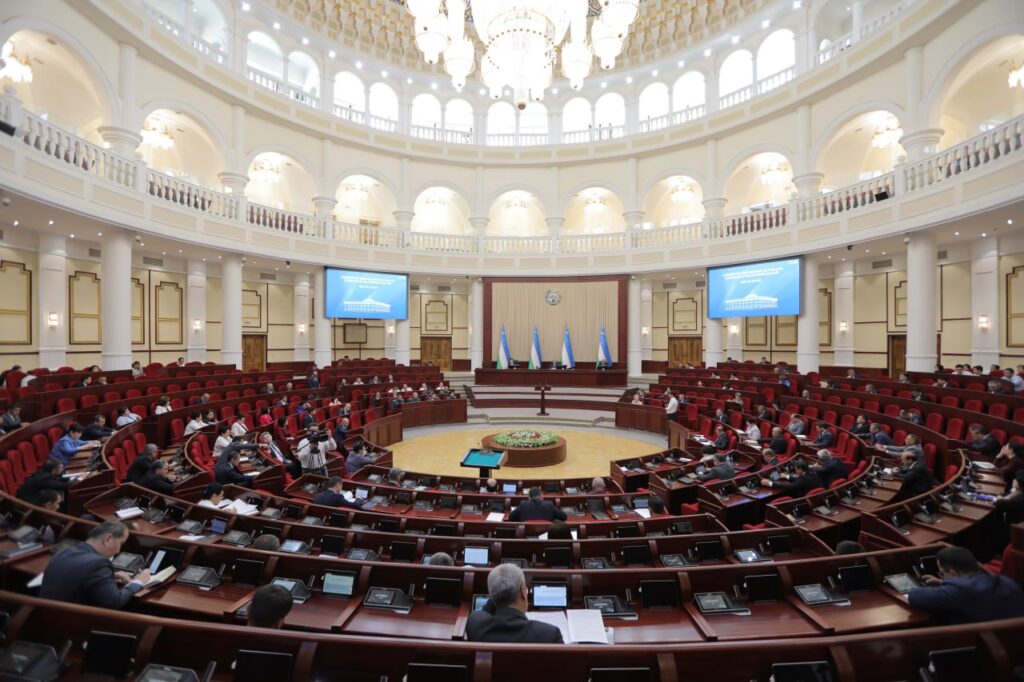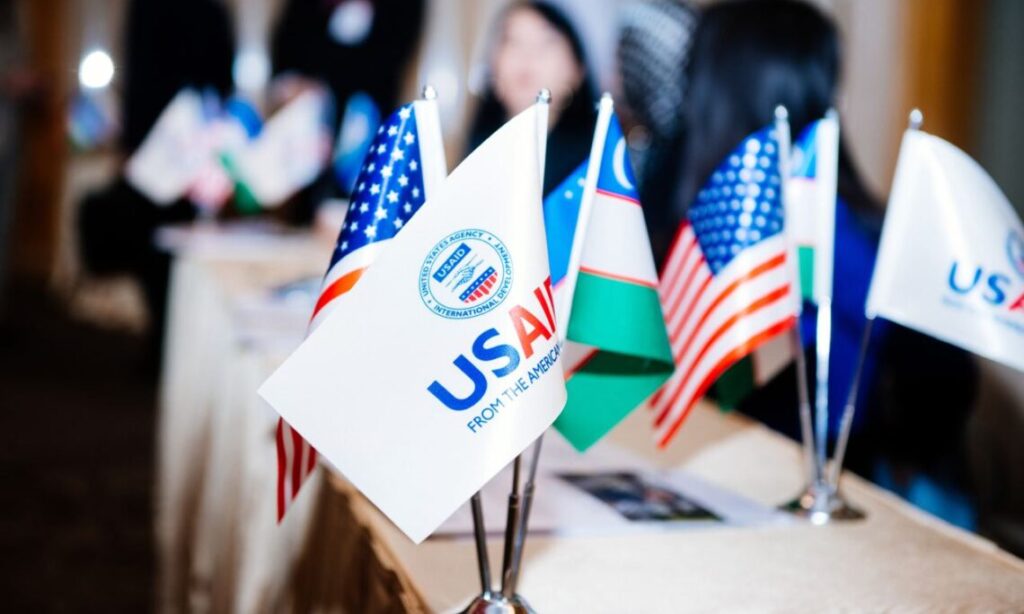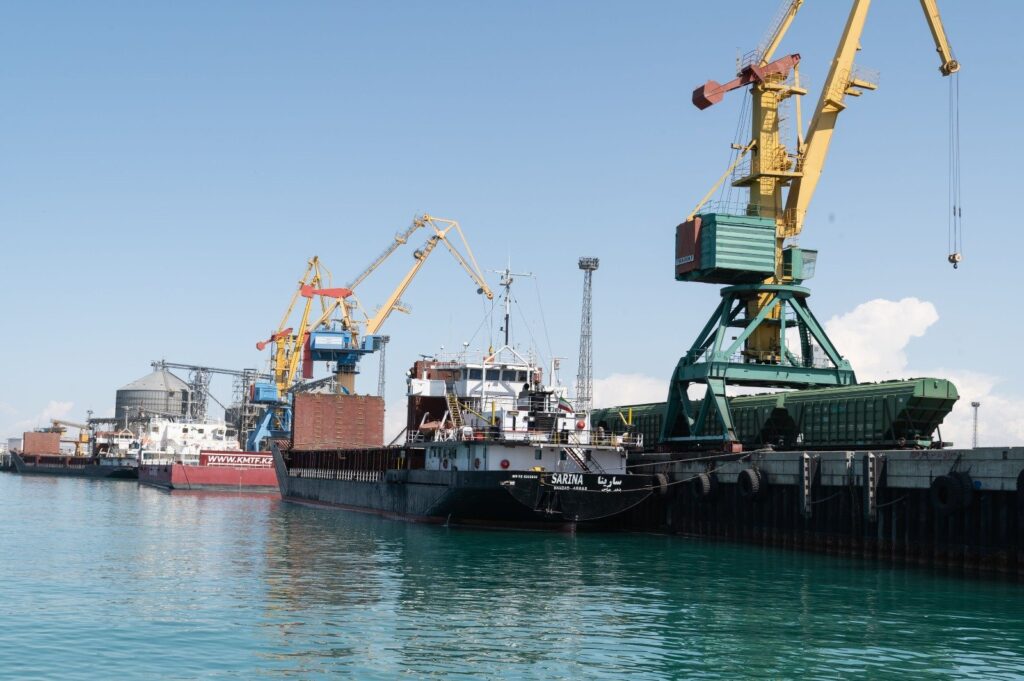Uzbek Parliament Adopts Law on “Undesirable” Foreigners
On September 20, the Senate of Uzbekistan’s Oliy Majlis approved amendments to the law regulating the legal status of foreign citizens and stateless persons. The main changes concern those who, through their public statements and actions, threaten Uzbekistan’s state sovereignty, territorial integrity, and security. According to Senator Anvar Tuichiev, such persons often provoke interstate, social, and religious discord and discredit the honor and dignity of the people of Uzbekistan. The existing legislation lacks the legal mechanisms to tackle such actions.
The amendments adopted establish that foreign citizens and stateless persons who commit such acts will be considered “undesirable,” and will be included in the registry of the Ministry of Foreign Affairs of Uzbekistan. Those on the registry will be subject to a five-year ban on entering the country, opening bank accounts, buying real estate, and participating in the privatization of state property. If such a person temporarily or permanently resides in Uzbekistan, they will be given ten days to leave voluntarily. Otherwise, a procedure for their deportation will be initiated. A person can be removed from the register if the reasons for their inclusion are eliminated.
The senator also stated that the experience of countries such as Kazakhstan, Azerbaijan, Poland, Belarus, Russia, Ukraine, and China was considered when drafting the law. The amendments will come into force after being signed by President Mirziyoyev.
The decision came to make changes to the legislation came amid statements such as that made by Russian politician Zakhar Prilepin in 2023, who proposed that Russia annex Uzbekistan and other former Soviet republics. This provoked a sharp reaction among Uzbek politicians, including deputies Rasul Kusherbayev and Bobur Bekmurodov.
The Norwegian Helsinki Committee has said that it fears the new amendments could contradict international standards of freedom of expression, leading to Uzbekistan’s isolation.






